Rural shop owners invested more than £315m in their businesses last year to cater for the evolving needs of their customers, according to the ACS 2018 Rural Shop Report.
The report highlights the importance of rural shops to their communities, with more than half (57%) operating entirely on their own, with no other retail/service businesses close by.
It revealed that investment was at its highest in the final quarter of 2017 (£94m), as rural stores introduced new technology and services.
One in four rural shops now offer loyalty cards, more than half (53%) offer cash back, 44% have free-to-use cash machines, 32% accommodate a post office, and 29% provide parcel services.
In terms of technology, 80% operate CCTV, 71% and 48% offer contactless and mobile payment respectively, 17% have digital advertising screens, and 9% offer in-store Wi-Fi.
Regarding food to go, nearly one in five (19%) have installed customer-operated coffee machines, 17% a hot food counter, 16% a bakery, and 13% a food prep area.
The vast majority of rural shops are independently owned, with 40% unaffiliated and 31% part of a symbol group. A further 9% are multiples, 7% are co-operatives, and the remaining are either forecourts and symbol multiples (2%).
In total there are 19,164 rural shops in the UK, making up over a third of the whole convenience sector and employing over 143,000 people.
ACS chief executive James Lowman said: “Rural shops have to deal with many of the same issues as other stores such as rising employment costs and crime, but also face unique challenges when compared to their more urban counterparts. Sub-standard broadband and mobile connection speeds and a lack of effective business rates relief remain serious concerns for rural stores who are keen to invest in their businesses, offer more services, and use new technology to provide the service their customers need.
“Rural shops are crucial to the UK economy and to the often isolated communities that they serve, and we encourage government to continue looking at ways to support these businesses and encourage retailers to invest.”












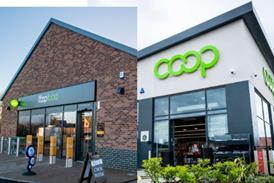
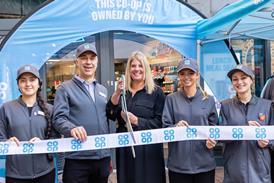






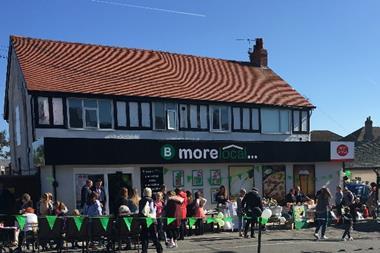


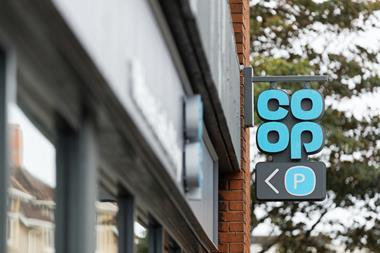

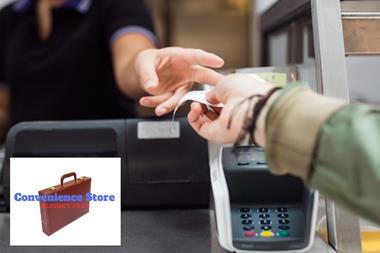
No comments yet